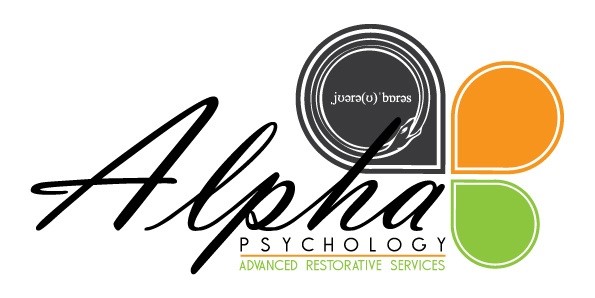Preparation & Integration Services
From 1 July 2023, medicines containing the psychedelic substances psilocybin – found in ‘magic mushrooms’ – and MDMA (3,4-methylenedioxy-methamphetamine) known colloquially as ‘ecstasy’ or ‘molly’ can be prescribed by specifically authorised psychiatrists for the treatment of post-traumatic stress disorder (PTSD) and treatment-resistant depression. Prescribing will be limited to psychiatrists, who will need to be approved under the Authorised Prescriber Scheme by the Therapeutic Goods Administration (TGA). For these specific uses, psilocybin and MDMA will be listed as Schedule 8 (Controlled Drugs) medicines in the Poisons Standard.
After many years of lobbying by clinicians across multiple disciplines, this decision was made by the TGA and acknowledges the current lack of options for patients with specific treatment-resistant mental illnesses. It is also in response to the overwhelming amount of global research which clearly demonstrates the supreme efficacy and extraordinary safety of these substances in treating specific mental health conditions. It now means that psilocybin and MDMA can be used therapeutically in a controlled medical setting.
Psychologists together with psychiatrists have been on the leading edge of this burgeoning field of treatment for decades and Psychedelic Assisted Therapy (PAT) – a therapeutic approach that utilises psychedelic substances for therapeutic purposes -has become a specific area of interest for Deidre over the last 5 years. She has trained with Mind-Medicine Australia to gain preliminary qualifications as a Psychedelic-Assisted Therapist, she is a member of AMAPP (the Australian Multidisciplinary Association of Psychedelic Practitioners) and plans to do ongoing study with the PSI (Psychedelic Somatic Institute) as demand for PAT increases.
Given the long history of psychedelic use, dating back to indigenous cultures and ancient traditions, people have obviously not just used these substances for therapeutic purposes – but ceremonially, spiritually, medicinally and recreationally. Current training for clinicians in this field recognises that those who would pursue a psychedelic experience outside of an approved medical setting, despite its current illegality, could be offered preparation and integration services with the hopes of reducing harm to self and others.
It goes without saying that one should never engage in illegal or dangerous activity however, with the understanding that – despite the risks – some people nevertheless will; preparation and integration services are invaluable as the field is in these fledgling stages. The preparation phase typically involves establishing rapport and trust, making plans for the set and setting of a dose session, addressing any concerns or fears and learning how to deal with these when they arise and establishing clear intentions for the psychedelic journey. One is also educated about the effects, potential risks and benefits of psychedelics to ensure that a comprehensive understanding is reached before a dose session.
Under the current parameters set by the TGA it is not possible for a psychologist to be involved in a dose session outside of a medical/hospital setting and under the oversight of an authorised psychiatrist.
Following the psychedelic session, the integration phase begins. This phase focuses on helping the client make meaning of their experience and integrate the insights gained into their daily life. Here a therapist is capitalising on the neurogenesis that is promoted by psychedelic substances and trying to ensure that the revelations garnered from the experience are properly integrated and thus remain robust across time. It is often this integration stage that is responsible for the life-changing, rapid and profound benefits one can achieve from psychedelic substances – even from a single dose session. These changes are often stable across many months, years and even decades in some cases. The therapist plays a vital role in this process by providing a supportive space for the client to reflect, process emotions, and make connections between the psychedelic experience and their personal journey. This integration work allows the individual to harness the transformative potential of the psychedelic experience and implement positive changes in their relationships, self-awareness, and overall well-being.
The research clearly demonstrates that thorough preparation and comprehensive integration are the quintessential ingredients in the extraordinary effectiveness of psychedelic-assisted treatment.

